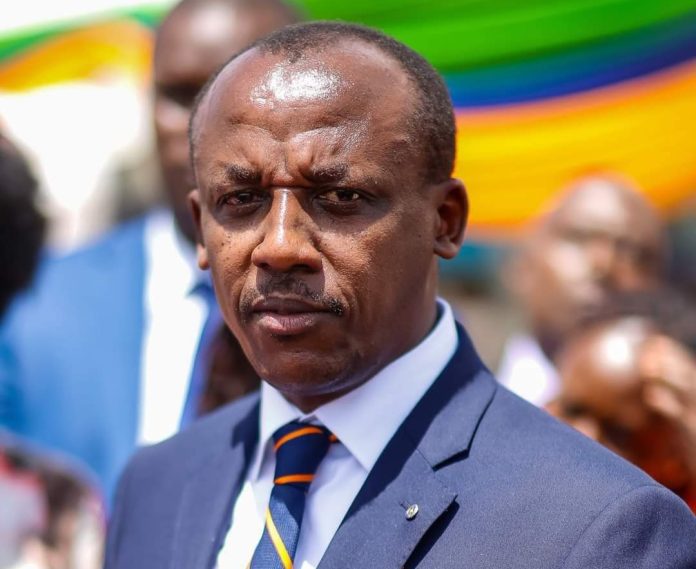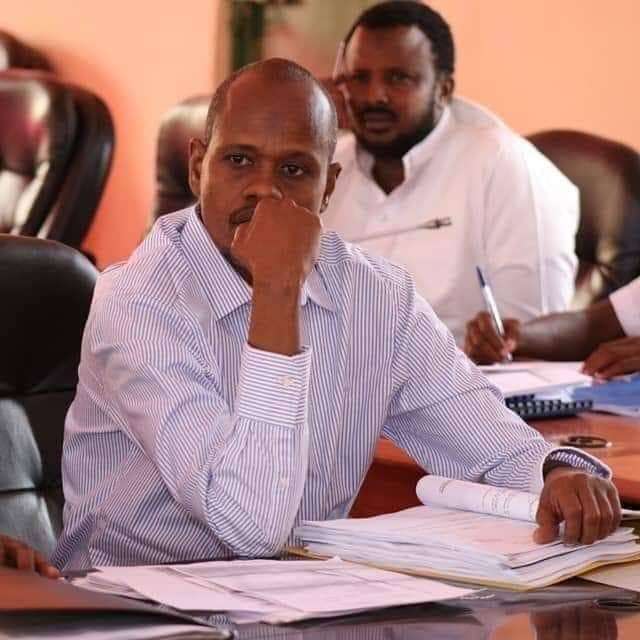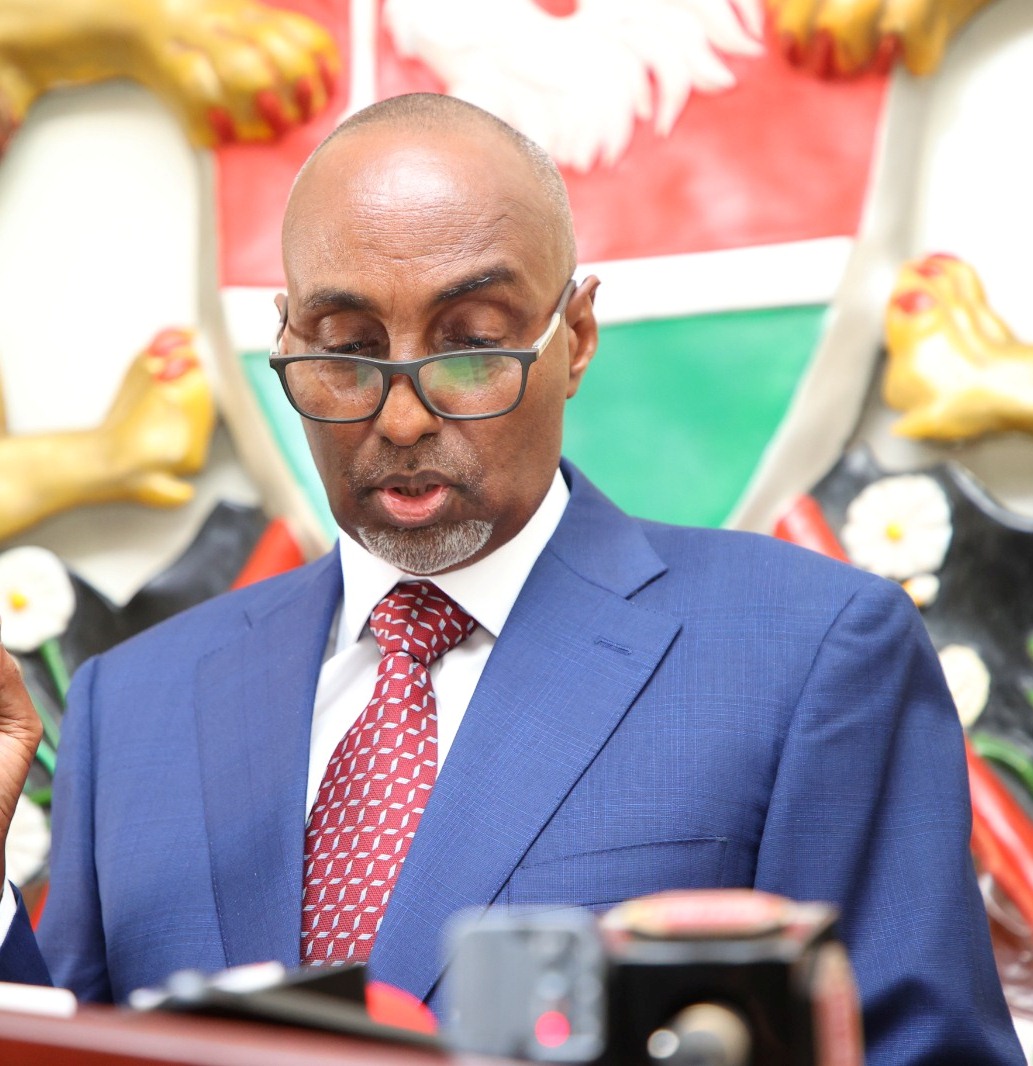By TWV Chief Investigative Reporter
A full-blown crisis is engulfing Kenya’s healthcare system, with governors raising the alarm over the Social Health Authority’s (SHA) failure to release more than Sh9 billion owed to county health facilities.
This staggering debt, inherited from the defunct National Hospital Insurance Fund (NHIF), is choking hospitals, starving them of drugs, staff, and equipment, and threatening to derail the government’s flagship Universal Health Coverage (UHC) programme.
To unlock the full article:
Choose one of the options below:
- Ksh 10 – This article only
- Ksh 300 – Monthly subscription
- Ksh 2340 – Yearly subscription (10% off)
As patients suffer and healthcare workers buckle under unbearable pressure, Kenyans are demanding answers: Is this a deliberate sabotage of devolved healthcare, or sheer incompetence at the highest levels?
The crisis was brought to light during a fiery session of the Senate Public Investments and Special Funds Committee, where Makueni Governor Mutula Kilonzo Jnr, a staunch advocate for devolution, exposed the devastating impact of SHA’s delayed remittances.
“The health function is underfunded and poorly planned,” Mutula charged, revealing that Makueni allocates 38% of its budget to health, employing 2,200 healthcare workers. Yet, 150 of its 242 health facilities rely on a single nurse to serve over 2,000 patients each month, a workload that borders on inhumane.
This dire situation is replicated across the country. From Kisumu to Kilifi, counties are grappling with acute shortages of nurses, doctors, and specialists such as neurosurgeons.
Patients are being turned away from hospitals due to empty drug shelves, while critical services like dialysis and cancer treatment have ground to a halt as private providers reject SHA’s system over unpaid claims.
Kenyans are asking: How can a government championing UHC permit such a catastrophic failure in basic healthcare delivery? At the epicentre of the crisis is the Kenya Medical Supplies Authority (KEMSA), widely accused of chronic stockouts, mismanagement, and alleged pilferage.
With KEMSA failing to deliver essential drugs and equipment, counties are turning to private suppliers at inflated prices, draining their already stretched budgets. Governor Mutula revealed that while counties owe KEMSA Sh4 billion, SHA is withholding Sh9 billion meant for health facilities, a financial stalemate that is strangling hospital operations.
He has proposed a debt swap, allowing SHA’s outstanding payments to offset county debts to KEMSA, an idea echoed by several governors. But this practical solution has been ignored.
Why?
Is the Ministry of Health, which controls a bloated Sh100 billion budget for policy formulation, deliberately starving counties to maintain centralised control?
Who benefits from this stranglehold on devolved healthcare?
The toll on healthcare workers and patients is devastating. Machakos Senator Agnes Kavindu painted a grim picture of professionals pushed to breaking point, working without rest, suffering from burnout, depression, and in some tragic cases, suicide.
In Makueni, efforts to digitise hospital inventories to curb theft and mismanagement offer some relief, but it’s a drop in the ocean.
Nurses and doctors are overwhelmed. Patients are being forced to buy medicine out of pocket.
- How many lives have been lost due to empty pharmacies and understaffed wards?
- Why are healthcare workers being abandoned, while the government boasts of UHC successes?
- When will the Ministry of Health own up to the failures paralysing both patients and providers?
The Senate committee, chaired by Vihiga Senator Godfrey Osotsi, has summoned SHA CEO Dr Mercy Mwangangi to explain the whereabouts of the Sh9 billion and provide a payment schedule for all 47 counties.
SHA claims to have cleared Sh18 billion in undisputed claims between October 2024 and January 2025, but a further Sh33 billion in legacy NHIF debt remains unpaid. Senators, including Migori’s Eddy Oketch, have condemned the Ministry of Health for sitting on more than Sh100 billion, while counties scramble for basic survival.
But will this Senate probe deliver meaningful accountability, or is it yet another exercise in political theatre? NHIF’s legacy includes Sh21 billion in fraudulent claims and Sh368 million lost due to administrative blunders. Can SHA, its successor, truly be trusted to clean up the mess, or is it just a rebranded failure? Kenya’s healthcare system is on life support. The promise of Universal Health Coverage lies in tatters, as counties battle financial paralysis and institutional rot.
The outcry from governors is a clarion call for radical reform.
- Why is the Ministry of Health clinging to billions while frontline hospitals collapse?
Why hasn’t KEMSA been reformed, despite glaring inefficiencies? - When will the government prioritise hiring more nurses, doctors, and specialists to rescue a system on the brink?
As the Senate prepares to confront SHA’s leadership, Kenyans deserve more than promises; they demand action. This Sh9 billion debt scandal is not just a financial issue; it is a betrayal of public trust. Without urgent intervention, Kenya’s healthcare system could collapse entirely, leaving millions of citizens abandoned by a government that pledged to care.
The Weekly Vision will continue to investigate and hold those responsible to account. The health of a nation is at stake. And we will not stay silent.
[/full]




